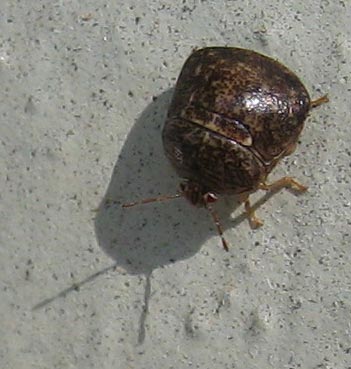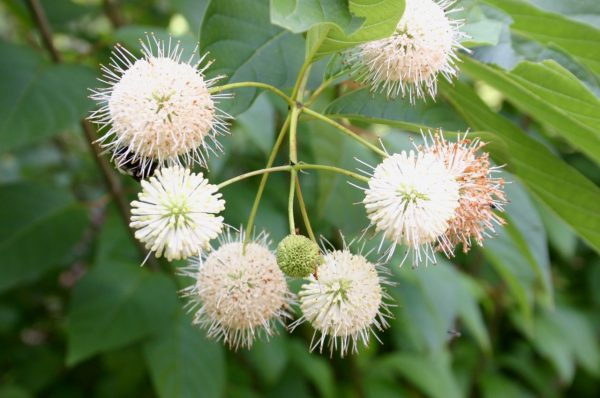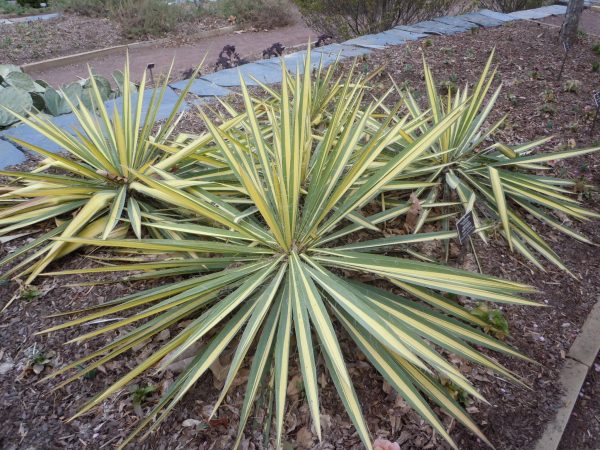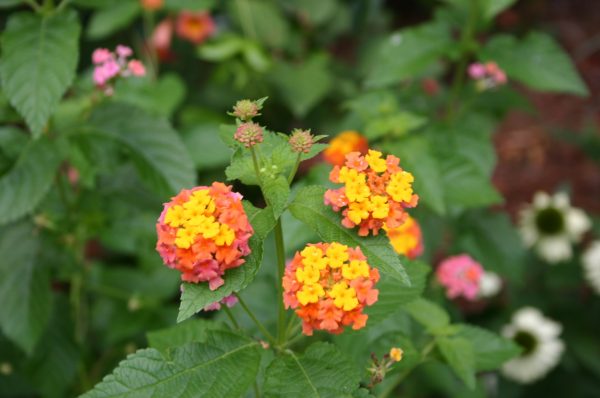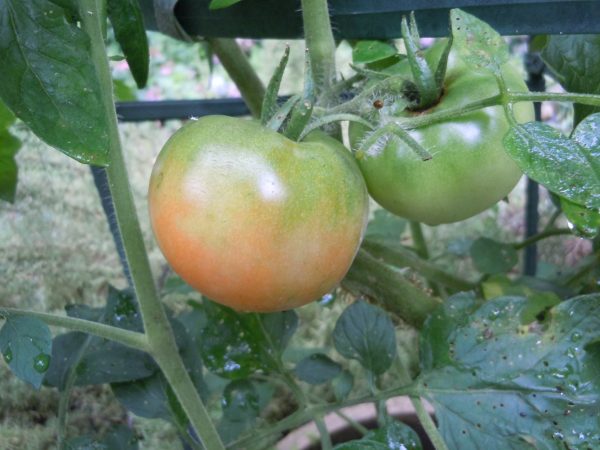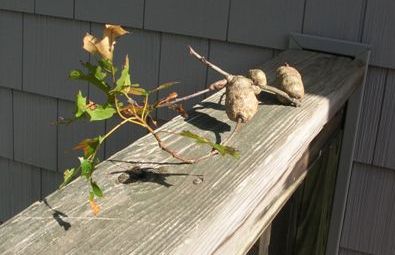Acetic Acid – Use as Herbicide
Q: I have a dachshund who – even though we kept him away from the area for 24 hours – wheezed and got red eyes when we used Roundup the last time.
Consequently, we stopped using it and now have a back yard full of weeds – some of them pretty tall. Can you recommend a weed killer that would be safe to use with him?
I found a product called “Burnout” that is non-toxic which has 25% acetic acid as its main ingredient. Is this a viable option?
A: To my knowledge glyphosate (Roundup) has no allergic effects….. but if you are concerned about the dog I can only recommend you dig the weeds.
The safety label for Burnout says:
“Contains acetic acid and is flammable and extremely corrosive. Contact with this product will result in severe eye irritation and possible permanent damage. Contact with this product will cause severe skin irritation and/or chemical burns. Breathing vapors will cause significant respiratory irritation, and pulmonary edema if prolonged. Ingestion of this product could cause burns and destroy tissue in the mouth, throat, and digestive tract.”
It doesn’t seem non-toxic to me.
Label directions say to dilute it with water, either 3:1 or 2:1.
According to the Sustainable Agricultural Systems Laboratory, part of the USDA, in a study of using vinegar as a herbicide, results indicated that vinegar can kill several important weed species at several growth stages. Vinegar at 10%, 15% or 20% acetic acid concentration provided 80-100 percent kill of selected annual weeds, including giant foxtail up to 3 inches in height, common lambsquarters up to 5 inches, smooth pigweed up to 6 inches, and velvetleaf up to 9 inches.
“Control of annual weeds with vinegar at the 5% acetic acid concentration (most products sold in grocery stores contain 5% acetic acid) was variable. Canada thistle shoots were highly susceptible with 100 percent kill by 5% vinegar, however, there was re-growth from roots.
Established perennial weeds usually will not be killed by vinegar. In addition, weeds must be sprayed to complete foliage wetness; typical volumes used for broadcast application of herbicides are not effective with vinegar. Potential uses of vinegar for controlling weeds include spot treatments of weed patches between rows of plastic mulch or other areas where contact with crop plants can be avoided, control of unwanted vegetation along roadsides and range lands, and control of weeds by homeowners around yards, brick walls and cracks in pavement.”
Spraying seedling weeds with acetic acid might be effective. I wouldn’t expect very good perennial weed control compared to glyphosate (Roundup).
See also Vinegar Herbicides



